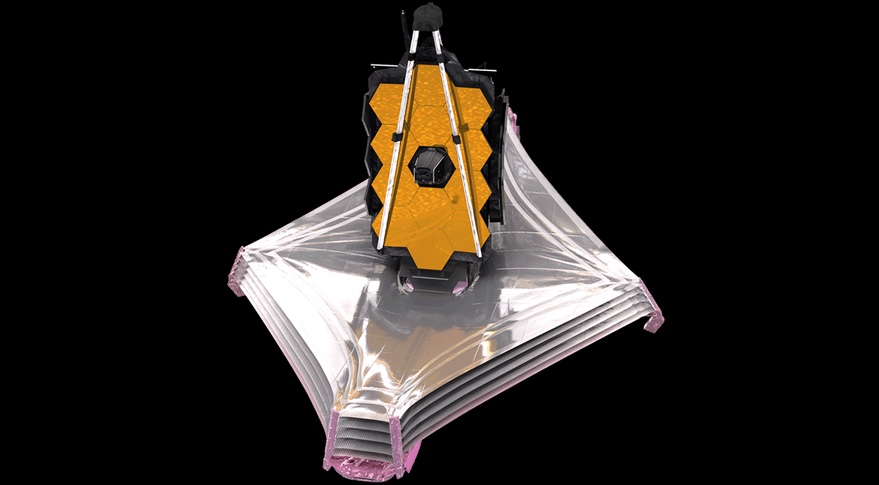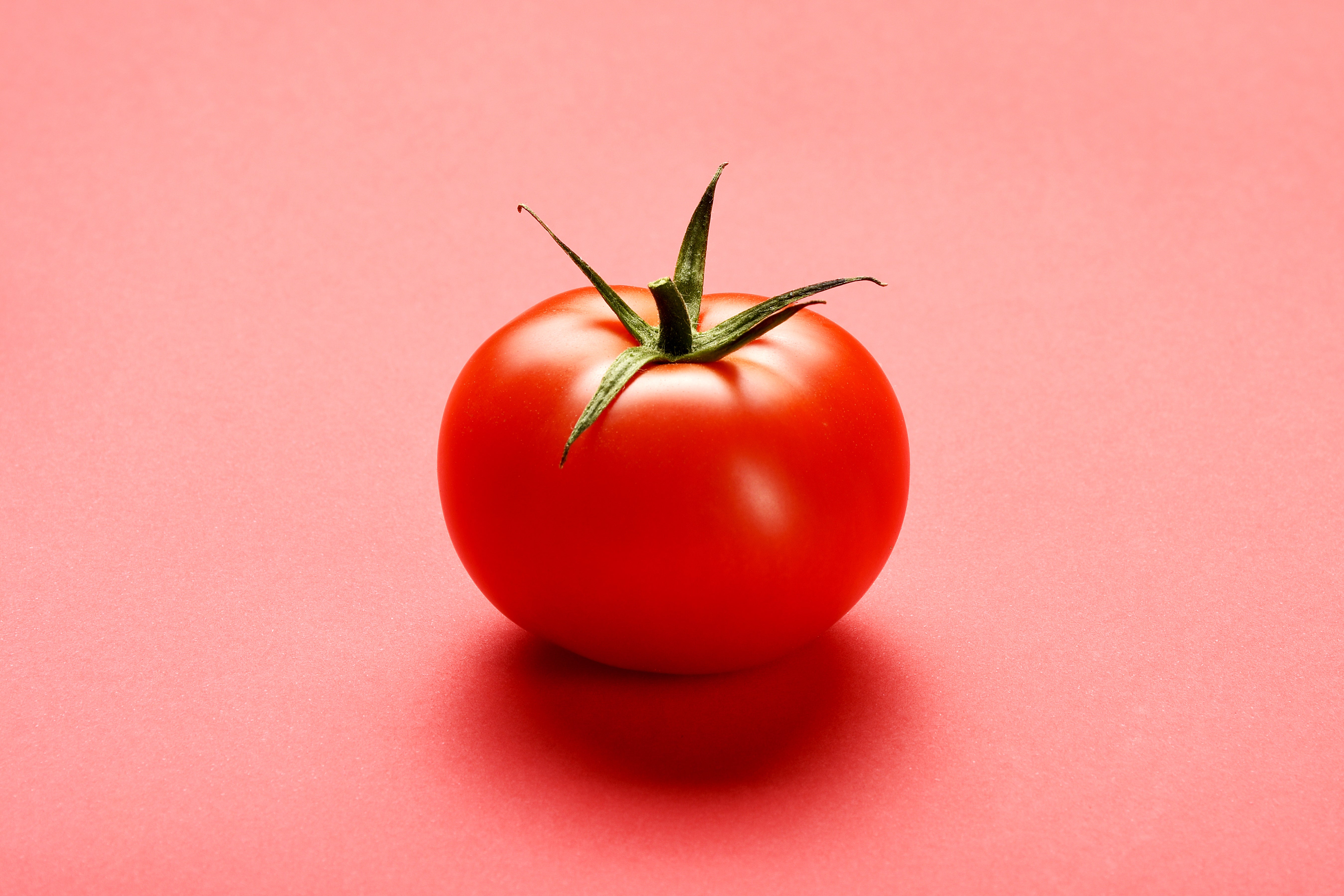The experiment of Tel Aviv University, known as the “safe” is one of the experiments that Eitan Stiva will conduct, in the space mission Sky

Tel Aviv University’s nano satellite was launched into space last Tuesday morning the TauSat3 satellite contained a technological demonstrator of the “safe”, a space mechanism for protecting electronic systems in space. The satellite was launched from the Canadian Space Center in Florida using SpaceX’s Falcon 9 missile, and was transferred via the Cargo Dragon C209 spacecraft to NASA International Space Station, along with gifts for astronauts in honor of Christmas. Normal data and communicates with the ground.
We are a TauSat3 satellite, the size of a shoebox, designed and built by the university’s team of experts, and will test the performance of an active protection mechanism to protect electronics from effects and damage. Caused by cosmic radiation The safe will allow the use of state-of-the-art commercial electronic systems in space by inserting them into the protected environment inside the “safe” and operating them in that environment.
The study was conducted by doctoral student Yoav Simhoni from the School of Electrical Engineering , Together with Rosh School of Physics and Astronomy Prof. Erez Etzion and Prof ‘Ofer Amrani from the Ivy and Elder Pelly Faculty of Engineering Yishman , Head of the Minority Satellite Laboratory.
It should be noted that the “safe” is expected to be included in the series of groundbreaking experiments that will be conducted as part of The “Sky” mission led by the Ramon Foundation and the Israel Space Agency. Eitan Steva, the second Israeli in space, will take off for a mission at the International Space Station this coming February. Steva is expected to conduct dozens of experiments for leading researchers from a number of universities and commercial companies in Israel.
Prof. Etzion and Prof. Amrani explain: “Integrating the safe mission as part of the” Sky “mission will provide a rare opportunity to examine the building blocks of this technology in space In parallel with the academic research, the activity and the subject of the research are leveraged in favor of promoting an educational-scientific program in the field of space and radiation. “
Doctoral student Yoav Simchoni adds: It is possible from the radiation in space. The protection provided by the safe will allow the use of commercial components in space. This will open the door to the use of advanced electronic components while significantly shortening both development times and costs of space products. “
In addition, partners For the success of the project: Dolev Bashi, Elad Sagi, Baruch Meirovich and the staff of the workshop at Tel Aviv University, Dr. Jan Ben Hamo, Dr. Igor Zolkin, Dr. Meir Ariel, Orly Bloomberg, Edward Kart, Lily Almog and the procurement team, Jasmine Miller And the legal staff, and a number of students in electrical engineering, software and physics.
Additional partners are d ” R. Alex Segal from Afeka College, IAI, Nanorex, a company that coordinates work with NASA, Ehrlich Law Office, Sam Berkovich and Herzog Fox Ne’eman Law Office, Erotech, Tal Ahituv.
More on the subject on the scholar’s website:
The second Israeli on the way to space like this Announced by President Rivlin, the Ramon Foundation and the Ministry of Science Three experiments from the Technion will be launched To the International Space Station Treatment of leukemia, space telescope, Reproduction of an experiment by Ilan Ramon – among the experiments that will be performed on a sky mission Technology developed at Bar-Ilan University will monitor the astronauts’ vision in space as part of a sky mission Eitan Stiva came to the Faculty of Agriculture to examine given plants Will grow on Mars
Note: This article has been indexed to our site. We do not claim legitimacy, ownership or copyright of any of the content above. To see the article at original source Click Here













